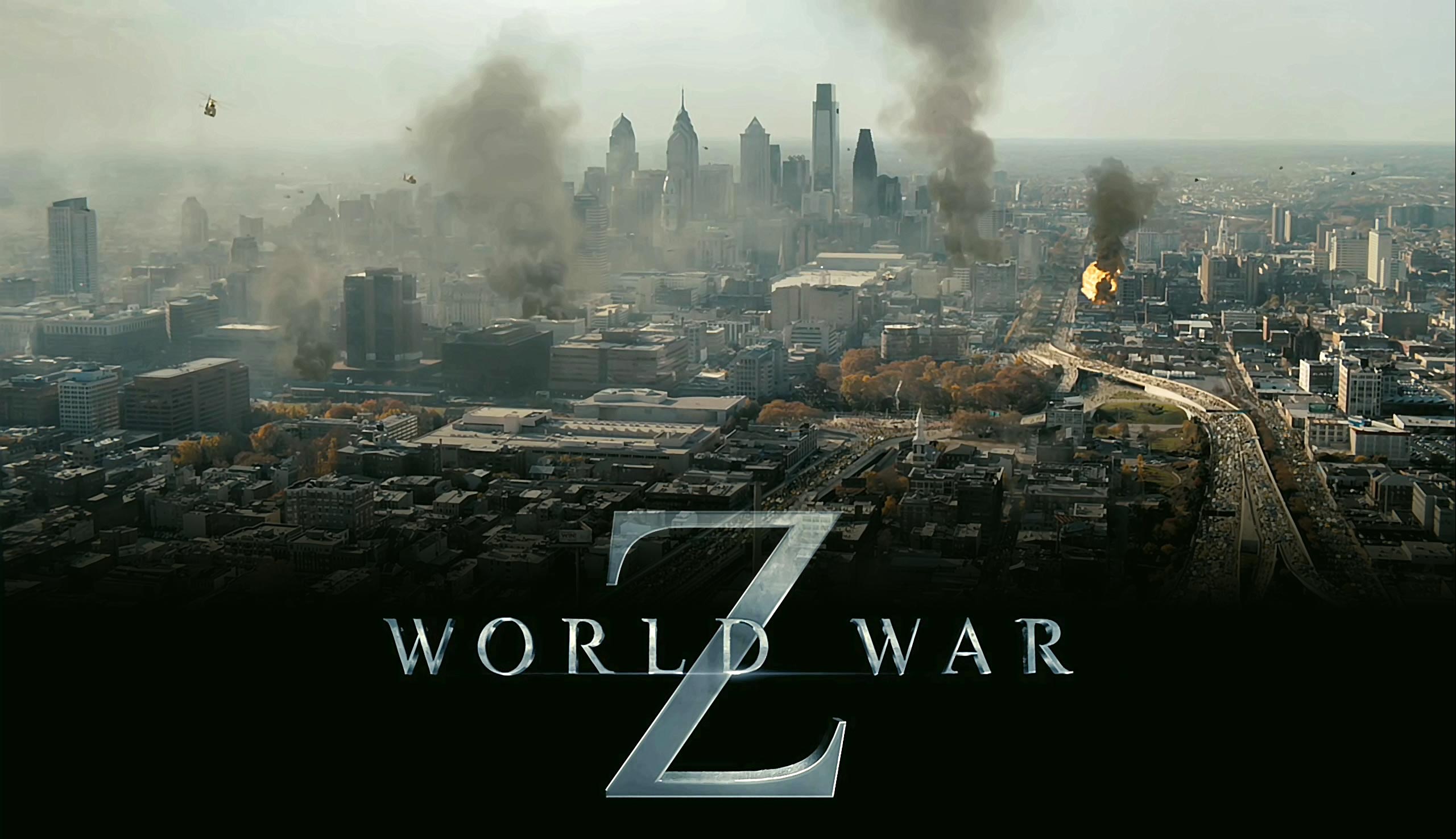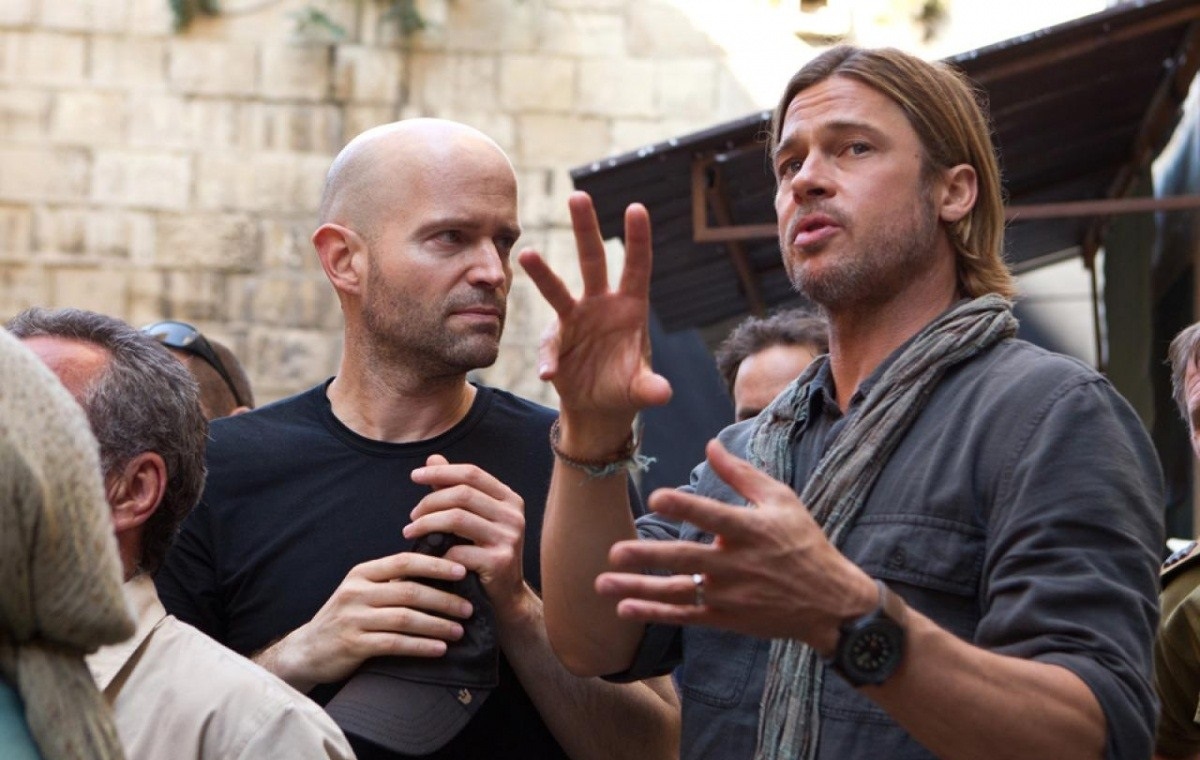
There is nary a person who has seen the trailer to the movie World War Z who hasn’t expressed some sort of confusion about what the plot revolves around. It is only after rifling through Internet movie catalogues and grasping a better sense of the implication behind the “Z” in the title that viewers get a clearer comprehension that the gears spinning the film involve a world being overrun by prevalently unorganized zombie militias. Considering the spate of apocalyptic zombie movies that have littered theaters over the past few years, you can understand why the editors would hide such an intrinsic piece of information from the viewing public.
Though this obscurity is a concern that may tease audiences to go see what the movie is really about—a promotion that tries to sell what we don’t know by provoking intrigue—it comes off as more of a problem that highlights and frames the upcoming summer blockbuster’s recent production issues.

Going back to 2008 when World War Z was just in its developmental stage, the script, which was penned by Babylon 5 creator Michael J. Straczynski, was inundated with so many red ink edits that it had to be revised by Hollywood screenwriter Matthew Michael Carnahan in 2009. During an interview in June of that year, director Marc Forster said that a delay was inevitable because the script was “still far from realization.”
Following the production phase three years later, Paramount hired Damon Lindelof in May 2012 to edit and rewrite the end (which eventually became a responsibility bequeathed to Marvel's the Avengers' director Joss Whedon in July 2012) because the finale was, according to him, “abrupt and incoherent.” Lindelof gave the executives an ultimatum: make a more coherent ending by shooting 30 to 40 more minutes of footage or reworking bits of material throughout the movie. A decision was made to go with the former, which had the budget skyrocket from a modest $125 million to an exorbitant $200 million.
Then if that wasn’t enough, the release date for the final product was pushed back six months from December 21, 2012, to June 21, 2013, to allow Paramount’s Jack Reacher some breathing room. If anything, however, the six-month hold was probably the most favorable decision made as World War Z feels more like a summer kind of movie.
Although these complications were painful to endure for everybody involved in World War Z, its developmental-to-post-production mishaps still do not rank as high as Terry Gilliam’s 2000 on-set catastrophe The Man Who Killed Don Quixote where an actor’s serious injury, a relentless siege of overhead military aircraft eardrum throbbing, and a flood that ruined the equipment and scenery culminated in its cancellation that same year. At least it has that going for it.